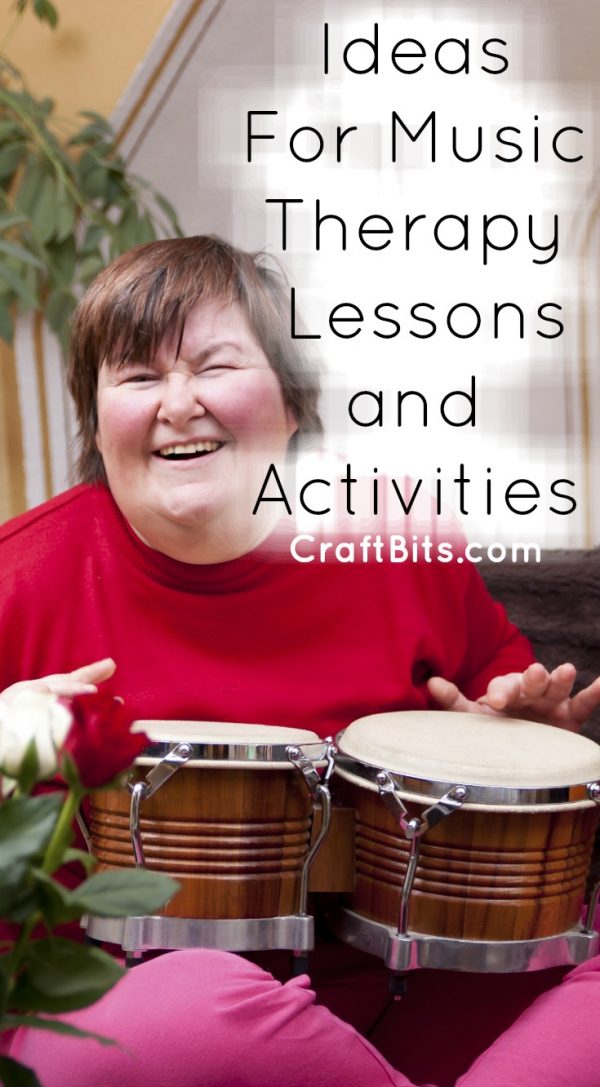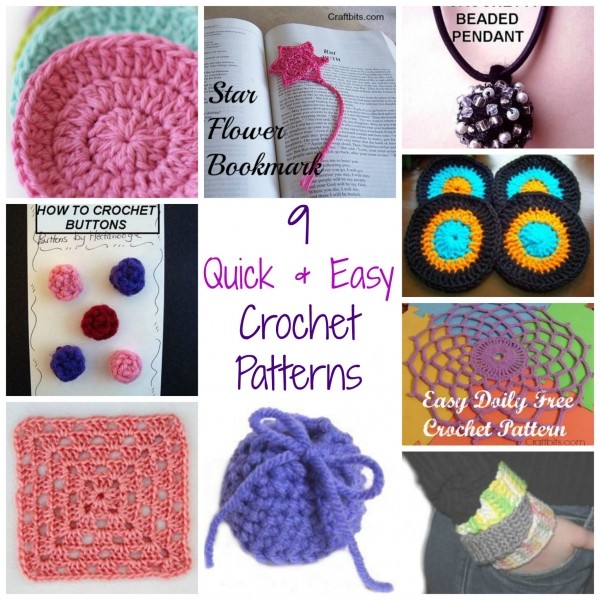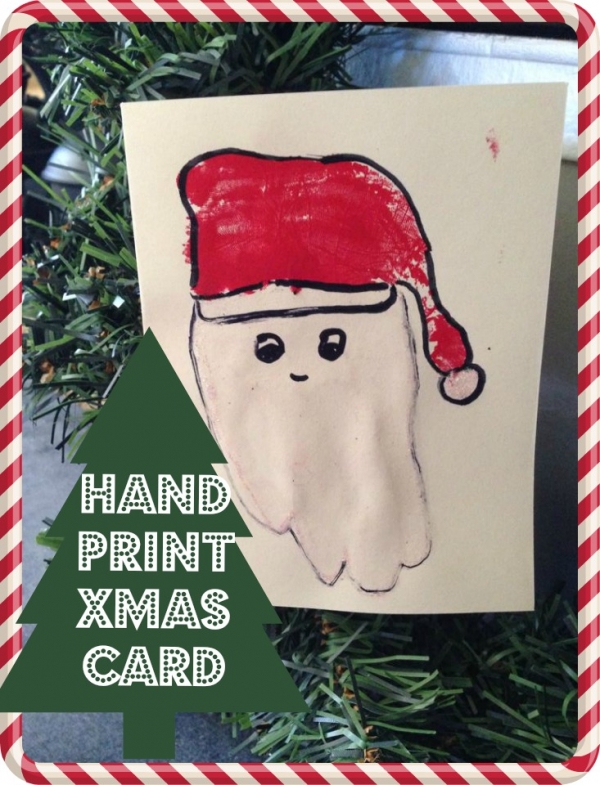
What you need
Music
Instructions
Music can cheer up depressed clients, provide stimulation to the mind and body as well as provide a form of relaxation and social interaction.
These musical activities can be completed inside and outside, in large groups or small groups and are a great flexible activity that requires minimum preparation making it suitable for last minute activities and as replacements for unforeseen cancellations of other large activities.
Use cassette tapes that belong to your clients or purchase a few old records or cassette tapes, It is best to ask around to find out what music your clients would like to listen to.
Dancing: Everyone can dance, clients can dance in their chairs and in their beds. Wave their arms around or just tap their feet. Dancing activities are fun and also provide the client with exercise increasing mobility. For large dancing groups you may want to call on volunteers to dance with unsteady clients, to help support them on their feet as well as just to be their dancing partner. You can organize formal Dances where clients and their guests dress up in their finery to attend.
Sing alongs:
Singing is a great way for your clients to express their feelings and emotions. If you know the words or have access to the words of the songs you intend to play then photocopy them into large print and hand them around the group so everyone has access to the lyrics. Save the songbooks for later use and other activities.
Residents can take turns in choosing songs and starting the singing. Use the time after sing along to ask questions about memories that were evoked from the songs and lyrics.
Sing alongs can be carried out in themes as well, by singing songs of a certain period or singing songs from certain movies, like all themed activities you can decorate the room in the appropriate theme.
Entertainment:
Music entertainment is very popular as it creates a great deal of mental stimulation, You can organize staff members or local volunteer groups to come in and sing a few songs or display some dancing talents.
Games:
Musical games such as Musical chairs or Pass the parcel are also another activity where music is used. Pass the parcel increases your client’s focus on the activity and stimulates thought process.
When your clients receive a gift with in the parcel it boosts their self-esteem and confidence and generally make them feel good. You can obtain small gifts for these games by asking for in-house donations or by saving outside donations for activities such as these. Activities where your clients make crafts can also be used to make the small gifts for these activities.
Throw the ball is another great game, which stimulates physical activity, when the music stops they throw the ball into the center of a circle or to another client and then the game resumes along with the music, this activity ends when all your clients have had a turn at throwing the ball.
Musical Instruments:
If your facility is lucky enough to have its own supply of small musical instruments then this is a fun activity, if you can not afford to purchase your own instruments your group could make their own or perhaps borrow some from a local school or musical group.
Using drums, triangles, castanets and tambourines you can get you a large or small group involved in some sing-alongs by having them join in with the music.
Choir:
If a staff member has the time to organize this it’s a great source of on-going entertainment and activities.
Your clients can be invited to audition for your very own Choir and with on-going practice, they can later be used to entertain the other residents as well as increase their own self-esteem.


















Please do not confuse a music oriented activity to be used in a school, church group, or random “therapy” session with music therapy.
These are very good “music oriented” activities.
Music therapistsare trained to set goal and objectives like all other forms of
therapy i.e. physical, occupational, speech/language… etc.
I have taught a group therapy session where I got participants to choose instruments from my collection and we worked together to build a piece of music which we wrote on the back of a roll of wallpaper. Each person had a color felt pen and used graphic notation to represent how their music was to sound. At the end we played the piece which everyone was able to do because they could read their own music. Thoroughly enjoyable and able to be completed by even the most tone deaf out there 🙂
These ideas are great, but they are NOT music therapy!! Professional Music Therapists have a college degree and are board certified and there is a lot more to music therapy than sing alongs and games!! I encourage everyone to continue doing music ACTIVITIES, but don’t confuse the activities with therapy. if you want to bring music therapy to your residents, hire a music therapist. It will be worth it, I promise!!
nice!
Great ideas for nursing home!
indeed…music is a wonderful and powerful thing.its a shame that the “hit” music on the radio is so dirty, i have to resort to older music to find something worth listening to, although the older music doesnt bother me.